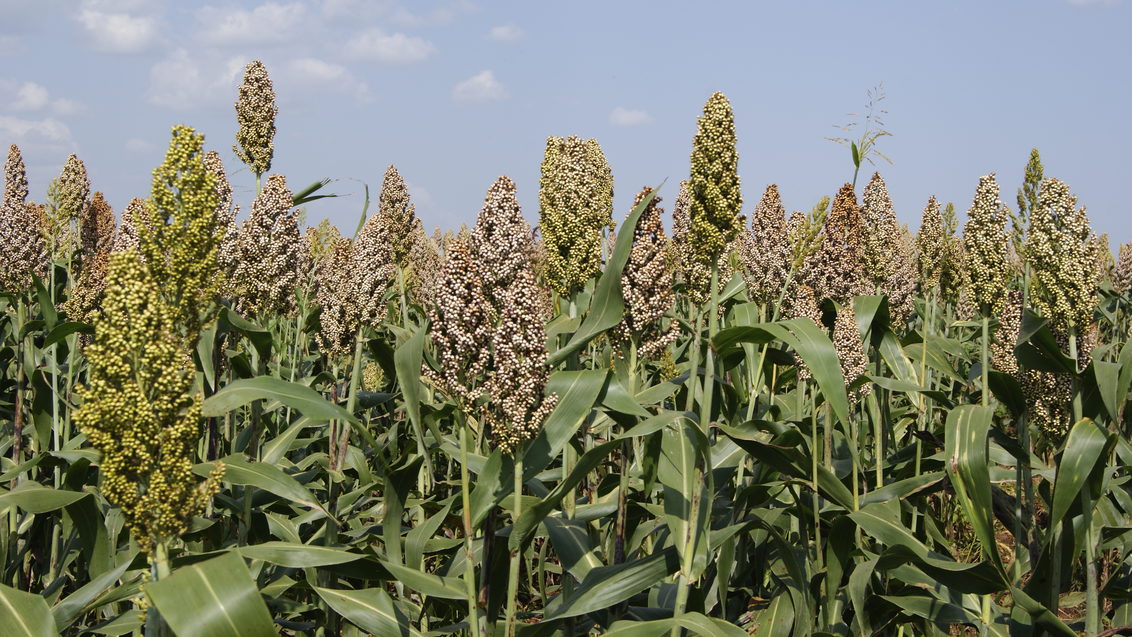Hard work puts new sorghum on the Malian map

Registering new varieties is a big step – but never the end of the road. Getting seeds to farmers requires public-private cooperation. Mali is well on the way.
In 2018, the Syngenta Foundation for Sustainable Agriculture (SFSA) facilitated registration of six sorghum varieties in Mali (more information). After registration, we kept working hard with the Malian agriculture research center IER, and with seed companies. Among other tasks, our local Seeds2B coordinator Aboubacar Diarra encouraged companies to invest in multiplication and distribution. He also ensured that IER produced enough early-generation seed for the companies, and helped with the certification process.
The efforts paid off: three companies are now producing Wilibali and Wassalen varieties. “That may sound very smooth and easy”, comments Seeds2B Africa head Camille Renou. “But it represents a major achievement – or rather, two!”
Ian Barker, Head of Seeds2B internationally, describes these achievements in more detail: “The first is that we have facilitated good working relations between IER and the local private sector to produce early-generation seed of publicly-bred sorghum varieties. The second is that these companies were also involved in VCU.”
Behind this rather clinically-sounding abbreviation lie multiple trials of ‘Value for Cultivation and Use’. VCU forms an important part of the registration process. “Our team linked IER to private companies who were able to host some of the trials”, explains Camille Renou. “We helped IER scientists to understand, adopt and implement VCU and other protocols, and then to transfer the knowledge to seed companies for appropriate implementation.”
These intensive SFSA efforts helped lay the basis for a sustainable relationship between public and private organizations. It also enabled the companies to experience the new varieties early, avoiding the frequent challenge of unfamiliarity at the time of release.
“The next steps involve reaching many more farmers”, says Aboubacar Diarra. “Today, only fairly small quantities of early-generation seed are available. We also continue to explore possible licensing agreements with IER.” The latter will require permission from CIRAD. The sorghum in question came from a joint breeding program between the two organizations, supported by SFSA.
